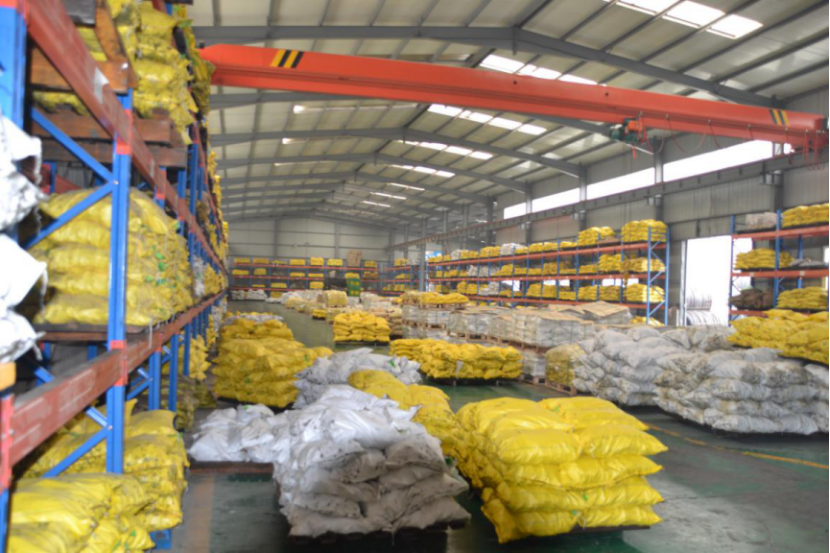U Joint Bolts Manufacturing Process and Quality Standards Overview
Aug . 18, 2024 14:16 Back to list
U Joint Bolts Manufacturing Process and Quality Standards Overview
The Importance of U Joint Bolts Factories in Modern Manufacturing
In today’s rapidly evolving industrial landscape, the significance of high-quality fasteners cannot be overstated. One such crucial component is the U joint bolt, widely utilized in a variety of applications, particularly in machinery and automotive engineering. As the demand for reliable and durable parts rises, U joint bolts factories have become essential players in the manufacturing industry.
The Importance of U Joint Bolts Factories in Modern Manufacturing
The operation of U joint bolts factories involves precision engineering and strict quality control processes. The manufacturing of these bolts requires sophisticated technology and skilled labor. Factories typically employ advanced machining techniques, including CNC (Computer Numerical Control) machining, to produce bolts that meet precise specifications. This technology enables manufacturers to create components that not only adhere to industry standards but also meet the unique requirements of their clients.
u joint bolts factories

In addition to technological advancements, U joint bolts factories are increasingly adopting practices that promote sustainability. As industries across the globe focus on minimizing their environmental impact, many factories are re-evaluating their processes. This includes the sourcing of raw materials, energy consumption, and waste management. Many manufacturers now prioritize recycled materials and energy-efficient machinery, aligning their operations with global sustainability goals. By embracing these practices, U joint bolts factories are not only contributing to environmental conservation but also enhancing their competitiveness in a market that increasingly values sustainability.
Quality control is another cornerstone of U joint bolts manufacturing. Rigorous testing protocols, including tensile strength tests, fatigue testing, and corrosion resistance assessments, are employed to ensure that each bolt produced meets stringent quality standards. This commitment to quality is critical, as even the slightest defect can lead to catastrophic failures in machinery or vehicles. Factories often adhere to international standards such as ISO (International Organization for Standardization) to guarantee that their products are reliable and safe for use in various applications.
Moreover, U joint bolts factories are strategically positioned to cater to a diverse range of industries, including automotive, aerospace, construction, and heavy machinery manufacturing. This versatility has fostered strong relationships between manufacturers and their clients, as factories can tailor their production processes to meet specific demands. Customization options, such as varying materials, coatings, and dimensions, allow customers to receive components that perfectly fit their operational needs.
In conclusion, U joint bolts factories play a pivotal role in modern manufacturing, providing essential components that contribute to the functionality and safety of various machinery and automotive applications. Through advanced manufacturing techniques, a commitment to quality and safety, and a focus on sustainability, these factories are equipped to meet the demands of an ever-evolving industry. As technology continues to advance, the importance of these factories will only grow, highlighting their integral role in the machinery of the future. Whether it is through reinforcing the reliability of vehicles or enhancing the performance of industrial equipment, U joint bolts factories undoubtedly play a key role in shaping the way we understand and utilize modern technology.
Latest news
-
High-Quality Panel Stud Bolt Reliable Panel Stud Bolt Factory & Suppliers
NewsJul.08,2025
-
High-Precision Fine Thread Locknuts Manufacturer & Supplier Custom Solutions
NewsJul.08,2025
-
PH Imperial Stud Bolt – High Strength Fasteners from Leading Supplier & Factory
NewsJul.07,2025
-
High-Quality Allen Wrench Bolts Leading Factory, Company & Suppliers
NewsJul.07,2025
-
Wholesale Ball Stud Bolt - High Quality Supplier & Factory Price Reliable Wholesale Ball Stud Bolt Company
NewsJul.06,2025
-
High-Strength Alloy Bolts Manufacturer & Supplier Quality Alloy Fasteners Factory
NewsJul.06,2025
